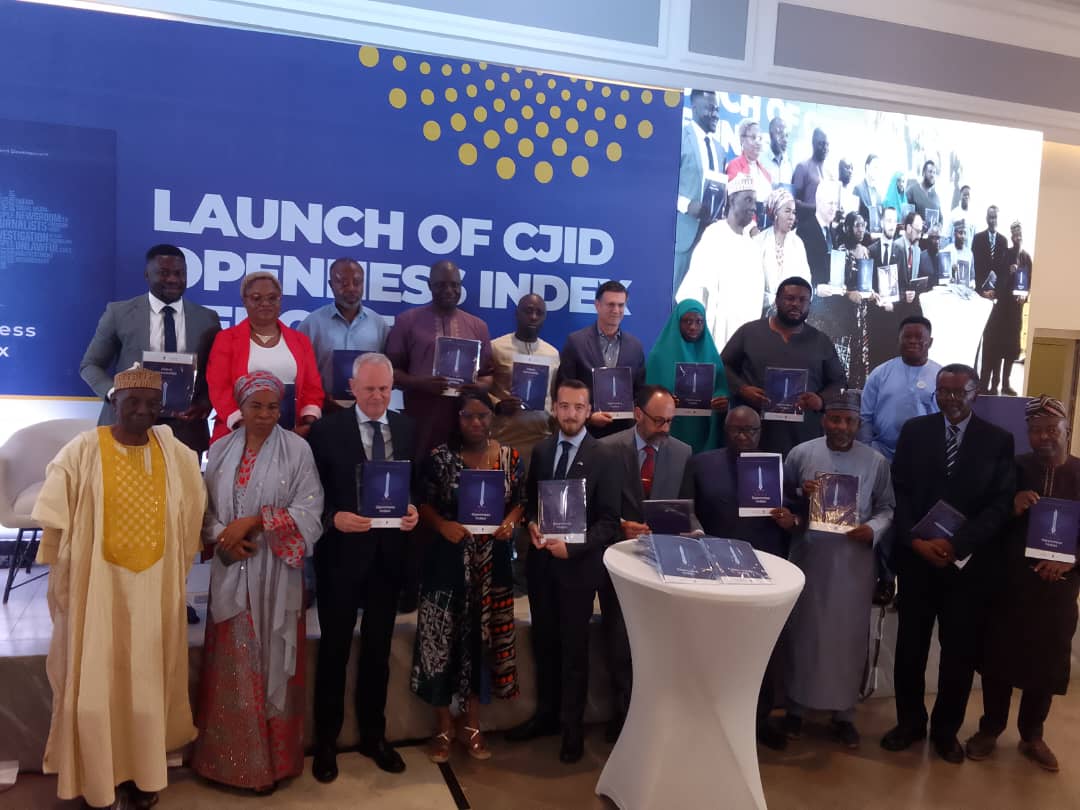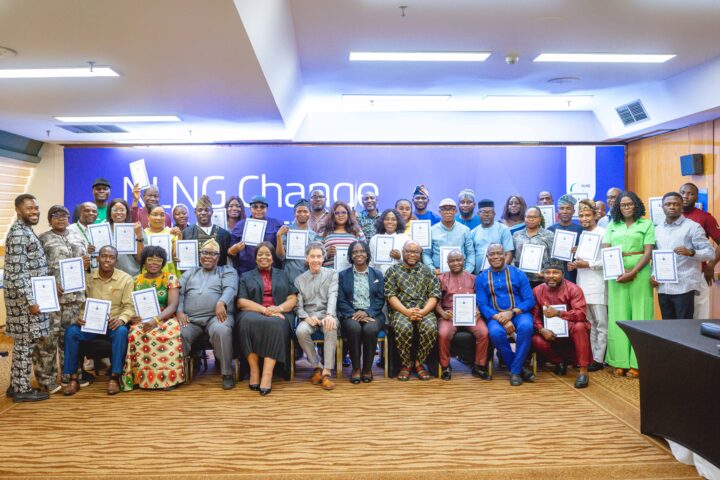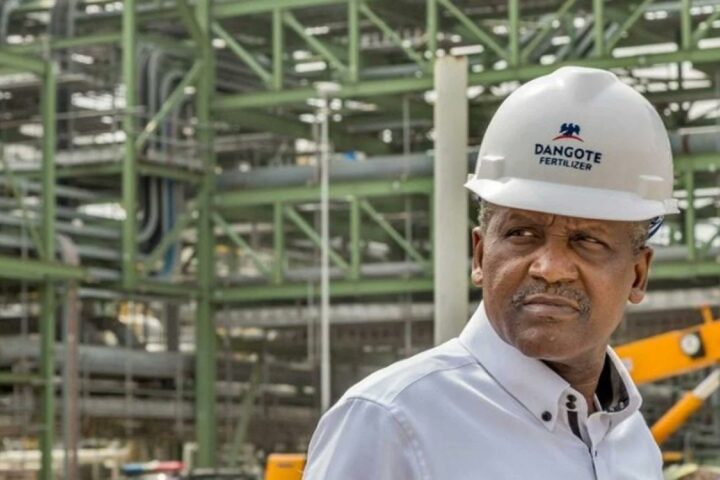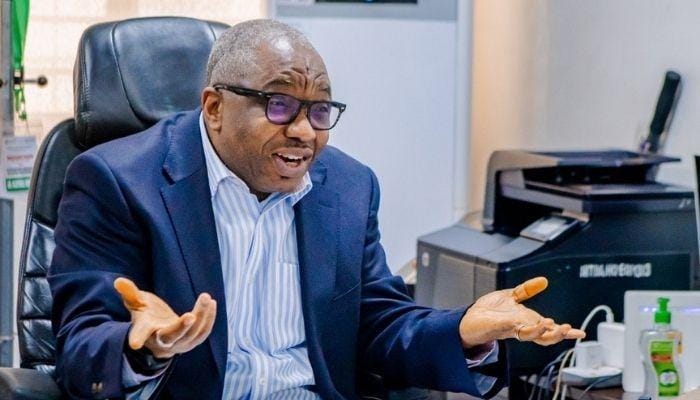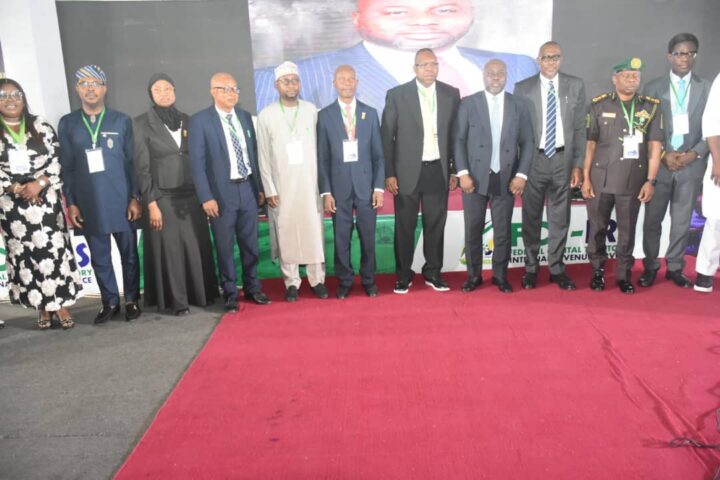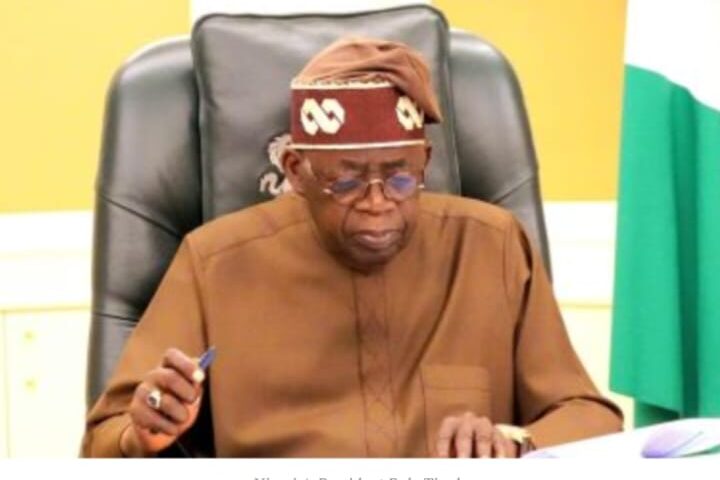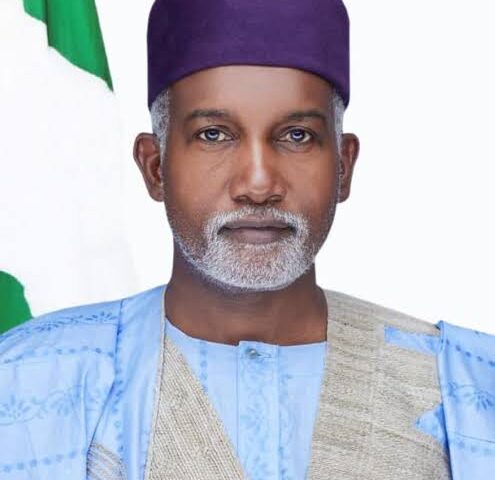Imo, Bauchi and Lagos States have been rated as some of the most dangerous and hostile states for journalists to operate in Nigeria.
Imo State was rated 37th ( last ) of 36 states including FCT with a poor score of 40.70%, while Bauchi was ranked 35th with a dismal score of 42.69% and Lagos 22nd with a low score of 48.93%,according to the Openness Index Report released on Thursday in Abuja by the Centre for Journalism, Innovation and Development (CJID).
Media scholar, Professor Victor Ayedun-Aluma from University of Jos, a professor of Mass Communication and Social Change, who presented the report, assessed the performance of all 36 states and the Federal Capital Territory (FCT) in upholding press freedom.
He said the report reflects and examines a pattern of repression, intimidation, arrest, persecution and obstruction of journalistic work, and a lack of transparency by state actors.
The report attributed Lagos poor ranking as 22nd to the frequent clashes between journalists and law enforcement agents, limited access to public information, and cases of harassment during coverage of protests and political events.
Ebonyi (41.90%), Bauchi (42.69%), Nasarawa (43.65%), Anambra (44.68%), Sokoto ( 45.22%) and Kaduna ( (45.72%) followed Imo at the bottom ladder.
Cross River State— earlier known for high-profile cases of journalist intimidation—was ranked first with a score of 70.40%, credited for improved openness and a relatively safer environment for journalists in recent years. It was followed by Ondo (63.72%), Delta (63.03%), Katsina (57.51%), Ekiti (57.09%) and Gombe ( 56.05%).
At the presentation of the report, Prof. Ayedun-Aluma said the findings expose the “uneven and often hostile landscape of media freedom in Nigeria,” and stressed the need for urgent action at the state level.
“While the federal government often receives the spotlight for press repression, the report reveals that the real battles for media freedom are being fought at the subnational level.
“We need better laws, more transparency, and state actors who respect the role of the press,” he said.
The CJID report said the National average of press freedom at 50.1%.
and suggests that state governments enact or strengthen freedom of information laws at the state level and train law enforcement officers to respect journalists’ rights during protests and political coverage and hold public officials accountable for abuses against journalists.
It also recommends states promote access to public records and ensure government communication is transparent and create independent media ombudsman structures to handle press-related complaints.
The study further disclosed that, on average, southern states performed better in terms of press freedom than their northern counterparts, with the South-South zone taking the lead.
CJID said this trend may be tied to increased civic engagement, stronger media presence, and growing digital literacy in the South. Nonetheless, the organization warns that no state in the country has yet achieved an ideal press freedom environment.
Speaking, the Chief Executive Officer, Dapo Olorunyomi said development that ignores liberties will not endure and democracy without transparency is a hollow shell.
He said “ We come together today to explore, debate, and elevate the idea of openness, not just as a concept, but as a measurable, lived reality that affects every democratic aspiration and developmental stride our societies hope to achieve.
“ The Openness Index we discuss today is more than a set of metrics. It is a mirror held up to our institutions, our governance, our civil space, and to ourselves.
” It compels us to ask: Are we truly open? Do our societies foster participation? Are our citizens free to speak, to dissent, to organise, and to imagine? Do our governments welcome scrutiny and practice transparency? These are the foundational questions that define the health of a democracy and the prospects of development.
” Openness is not a luxury; it is a necessity. In a time when democratic backsliding, repression, and digital authoritarianism threaten to erode hard-won freedoms, we must treat openness as a pillar of national resilience. Economic growth unmoored from openness may deliver statistics, but not stability. Development that ignores liberties will not endure. And democracy without transparency is a hollow shell.
” This is why this gathering is both timely and essential.
We invited a broad spectrum of our community here as policymakers, journalists, researchers, civil society leaders, and concerned citizens. Our roles may differ, but our mission to promote a livable community defined by fundamental freedoms converges. As the custodians of liberty and freedom, we must become a band of conscious protectors, guardians of the norms and institutions that keep democracy vibrant and development sustainable.
“ The Openness Index offers us a shared framework and a common language to diagnose weaknesses, celebrate strengths, and most importantly, to hold ourselves accountable. It allows us to benchmark progress, to share lessons across borders, and to shine a light where darkness has crept in.
But we must remember: no index alone can safeguard democracy. No data point can defend human rights. No chart can protect the right to dissent. Only people can. Citizens like us all who take the findings of this index and transform them into advocacy, reform, vigilance, and action. As we begin our sessions today, let us commit to prioritise the tough calls like how do we expand civic space in regions and states where it is shrinking? How do we equip local voices with the tools to demand openness? How do we resist the temptation to trade freedoms for expediency? And how do we ensure that our digital public squares are as open and plural as our democratic ideals promise?”
The Ambassador of the Netherlands to Nigeria, Bengt Van Loosdrecht said
that a free and independent press is the backbone of any democracy and that the backbone is under threat.
“ In my time so far in Nigeria, just under a year, one thing has become abundantly clear: this is a country brimming with sharp minds, bold voices, and resilient people. It is this brilliance, that holds the social fabric together and drives the defense of Nigeria’s democracy. I’m honored to be here with you this morning.
“ We are gathered here because we share a belief in a simple but powerful truth: that a free and independent press is the backbone of any democracy. And that this backbone is under strain.
“ Globally, we are witnessing increased restrictions, legal threats, and digital surveillance targeting the media and its practitioners. In 2023 alone, over 550 journalists were imprisoned worldwide, many for simply doing their jobs.
“ Add to that the growing spread of misinformation, the influence of social media algorithms, and the impact of artificial intelligence, and it’s clear that reliable journalism faces real threats.
“ In Nigeria, the recent slide in the World Press Freedom Index (from 112 to 122) underscores this concern. While journalist deaths may be less common here. the increasing reports of intimidation, harassment, and arbitrary arrests are troubling.
“These are not just trends, but a signal calling us to a deeper inquiry. And yet, lens. That’s precisely why the CJID Openness Index is useful. Nigeria is far too complex and too diverse to be understood through a single.”


